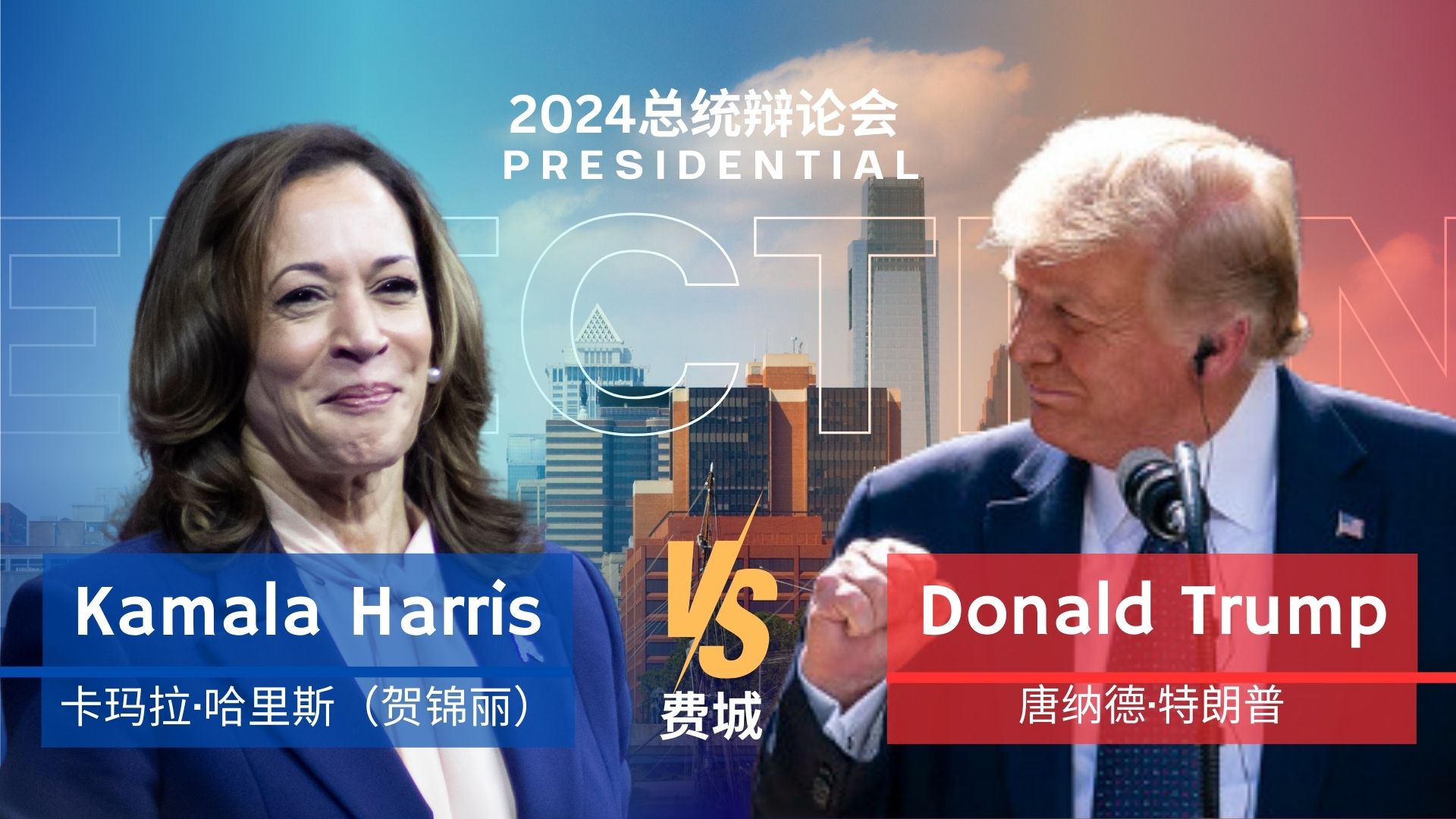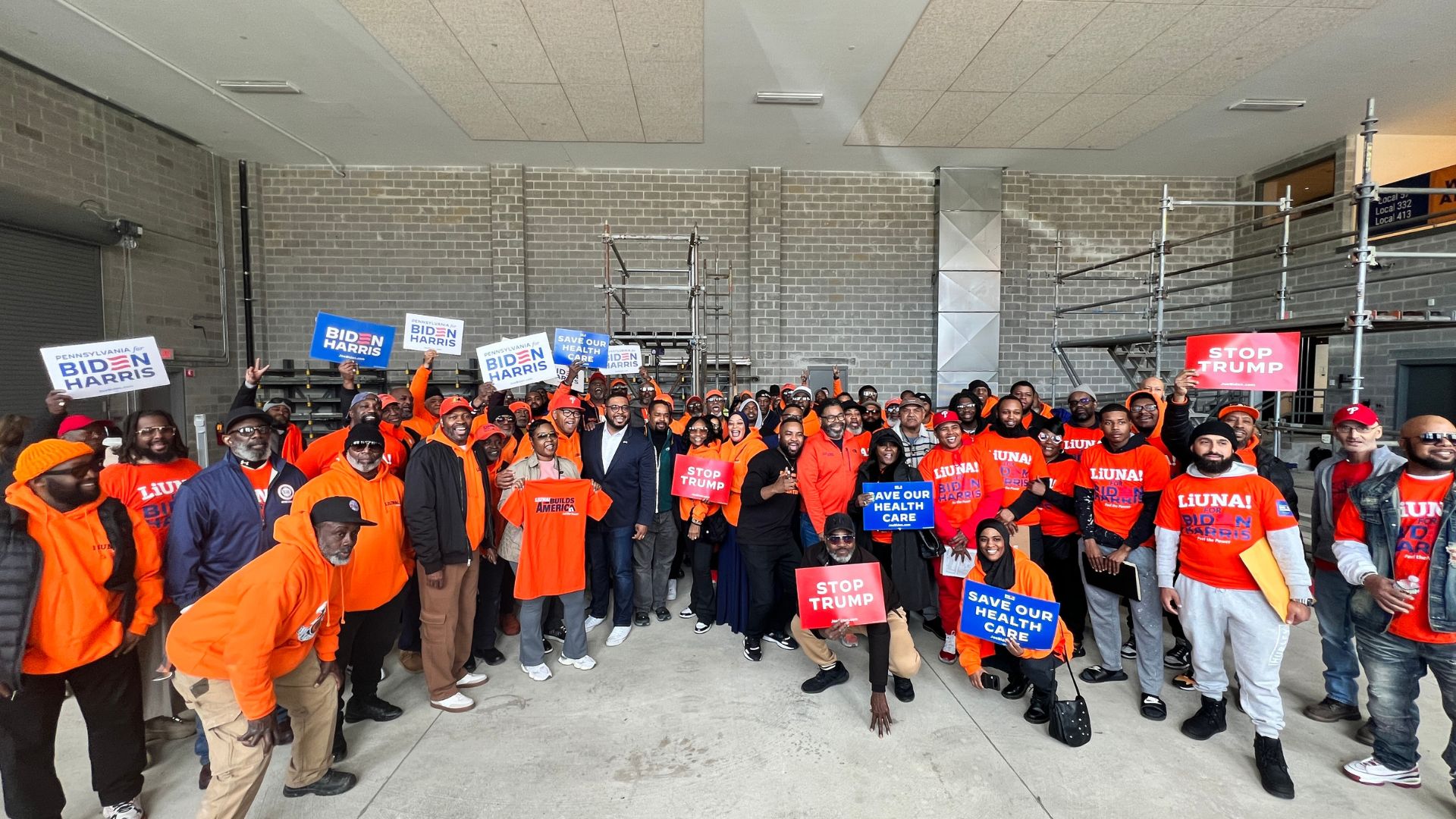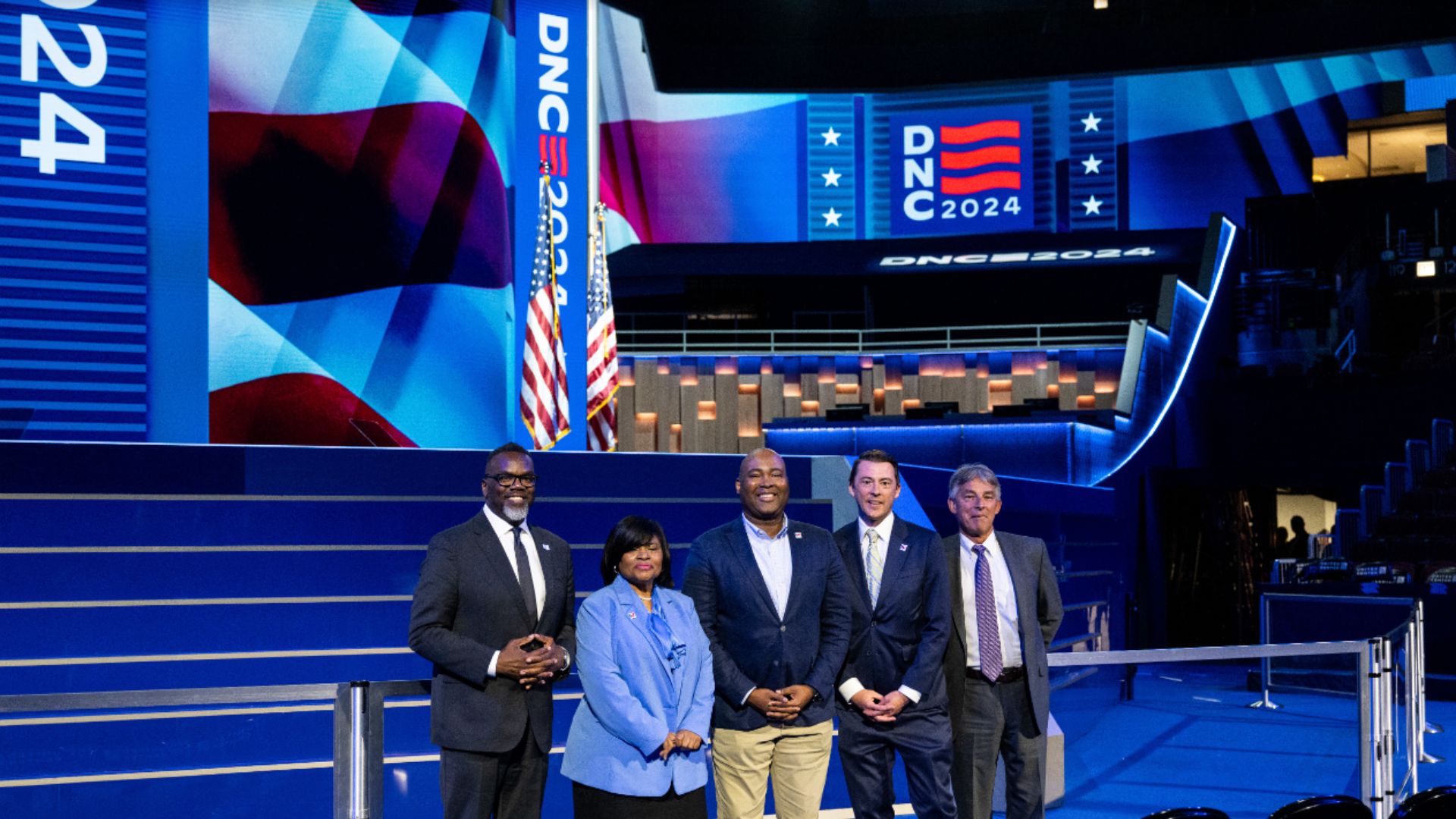September 10, 2024 Philadelphia PA – In what is being hailed as the most critical debate of the 2024 U.S. presidential election, Vice President Kamala Harris and former President Donald Trump went head-to-head in a singular, high-stakes encounter. This debate marked the only direct confrontation between the two candidates following President Joe Biden’s decision to step out of the race, making it a pivotal moment that could determine the future direction of the country.
For many Americans, particularly within minority communities, the debate symbolized more than just a clash of political ideologies — it was a contest between two competing visions for the nation’s future, with both candidates vying for the support of historically marginalized groups, including the Asian American and Pacific Islander (AAPI) community.
AAPI Representation and Harris’s Historic Role
As the first woman of South Asian and African American descent to serve as Vice President, Kamala Harris has long been viewed as a symbol of progress for the AAPI community. In this debate, Harris didn’t just represent her policy positions — she embodied the hopes and aspirations of millions of minority Americans who seek greater representation and equity in the political arena.
Harris’s presence on the stage resonated deeply with many Asian Americans, especially in light of her lived experiences as a woman of color navigating a political landscape often dominated by white, male figures. Throughout the debate, she acknowledged her heritage and emphasized the importance of lifting up communities of color, focusing on issues like small business support, affordable housing, and racial equity.
One of her key proposals — a $50,000 tax deduction plan for startup businesses — particularly resonated with AAPI entrepreneurs, who are among the fastest-growing demographic of small business owners in the U.S. Harris also reiterated her commitment to a $25,000 down payment assistance plan for first-time homebuyers, a move that could greatly benefit AAPI families, many of whom face significant barriers to homeownership due to rising housing costs.
Trump’s Appeal to Minority Voters?
Donald Trump, meanwhile, sought to broaden his appeal to minority voters, a group that he struggled to win over during his previous campaigns. While Trump’s base remains largely white and working-class, he attempted to pitch his economic policies as benefiting all Americans, including AAPI voters. He defended his record on tariffs and manufacturing jobs, which he claimed would protect American workers from global competition, particularly with China.
However, many in the AAPI community remain skeptical of Trump, given his past inflammatory rhetoric, including his frequent use of terms like “China virus” during the COVID-19 pandemic, which contributed to a surge in anti-Asian hate crimes. Although Trump avoided such language during the debate, his previous comments have left a lasting impact on Asian Americans’ perceptions of his leadership.
Immigration, Economy, and Social Issues
Immigration was a critical point of contention during the debate. Harris criticized Trump’s harsh policies on immigration and border security, highlighting her experience as a prosecutor in fighting transnational criminal organizations. Trump doubled down on his hardline stance, calling for stronger law enforcement to address illegal immigration and accusing the Biden-Harris administration of neglecting the issue. For AAPI voters, many of whom are immigrants or the children of immigrants, the debate highlighted the stark contrast in the candidates’ visions for America’s immigration system.
On the economy, Harris’s vision of an “opportunity economy” stood in contrast to Trump’s more traditional approach of cutting taxes and deregulating industries. For many in the AAPI community, economic mobility is a central concern, and Harris’s policies — including her proposed $6,000 tax credit for families in the first year of a child’s life — aimed to alleviate financial pressures on working-class families.
Abortion, Health Care, and Climate Change
Social issues, particularly abortion rights, took center stage as Harris reaffirmed her commitment to restoring Roe v. Wade protections, a position strongly supported by many progressive AAPI voters. Trump, on the other hand, denied any plans for a national abortion ban, stating the issue should be left to individual states. Health care also emerged as a divisive topic, with Harris defending the Affordable Care Act (ACA) and private insurance options, while Trump criticized the ACA’s shortcomings without offering specifics on a replacement.
The issue of climate change, an existential threat for many in the AAPI community, particularly those in vulnerable regions such as the Pacific Islands, was a major focus for Harris. She underscored the need for bold climate action, framing it as both an environmental and economic opportunity. Trump, however, dismissed aggressive climate policies, prioritizing traditional energy sectors like oil and gas, and warning of potential job losses under stricter environmental regulations.
The Significance for AAPI Voters
This debate, being the only direct face-off between Trump and Harris, carried enormous weight for AAPI voters and other minority communities. Harris’s candidacy represents a historic opportunity for greater political representation at the highest level of government, while Trump’s rhetoric and policies have often alienated many within these communities. Yet Trump’s economic promises could appeal to conservative-leaning AAPI voters concerned about inflation and job security.
As AAPI voters become an increasingly important demographic in key battleground states, their preferences could be decisive in this closely contested election. The debate served as a platform for both candidates to articulate their visions for the future, but for many in the AAPI community, it was also a reminder of the complex and evolving nature of their role in American politics.
With less than two months until election day, this debate may prove crucial in shaping the final outcome. AAPI voters, alongside other minority groups, will have to weigh the candidates’ contrasting visions and decide which path best aligns with their aspirations for a more inclusive and equitable America.




